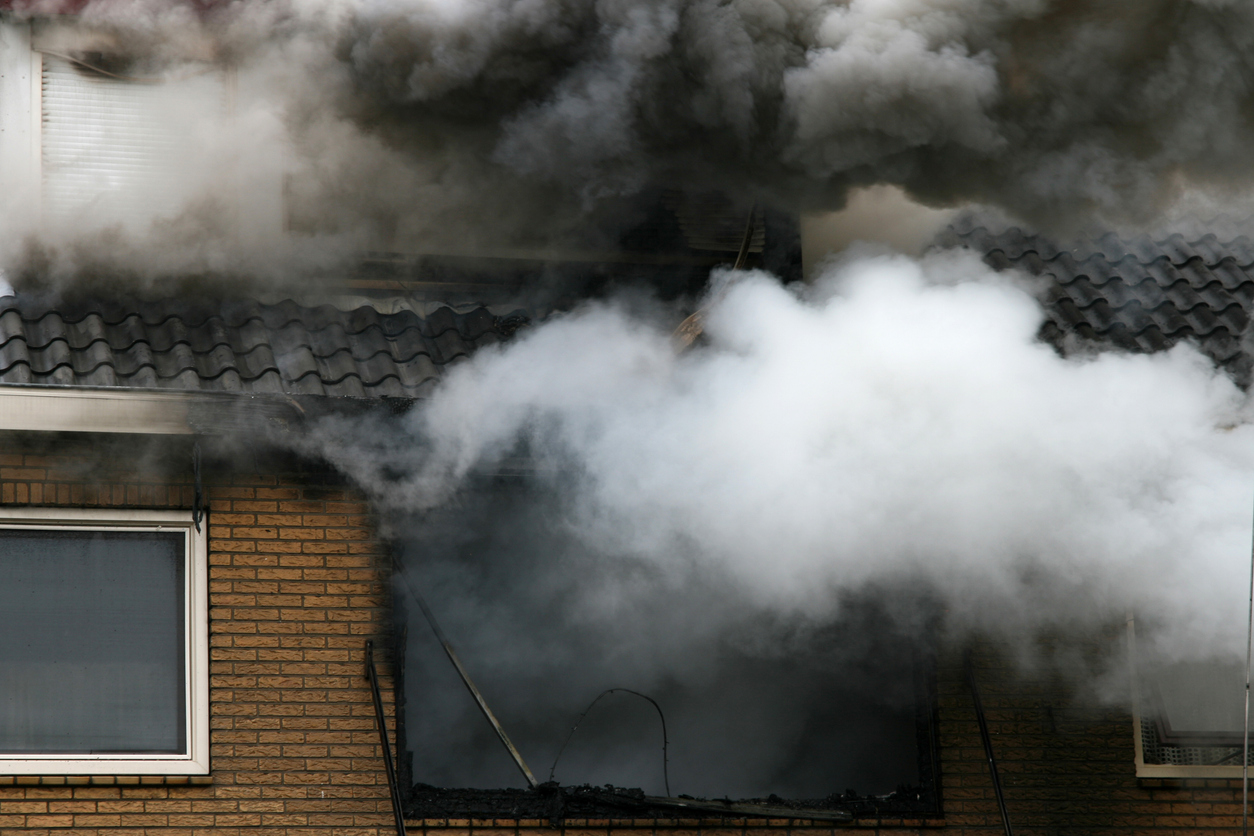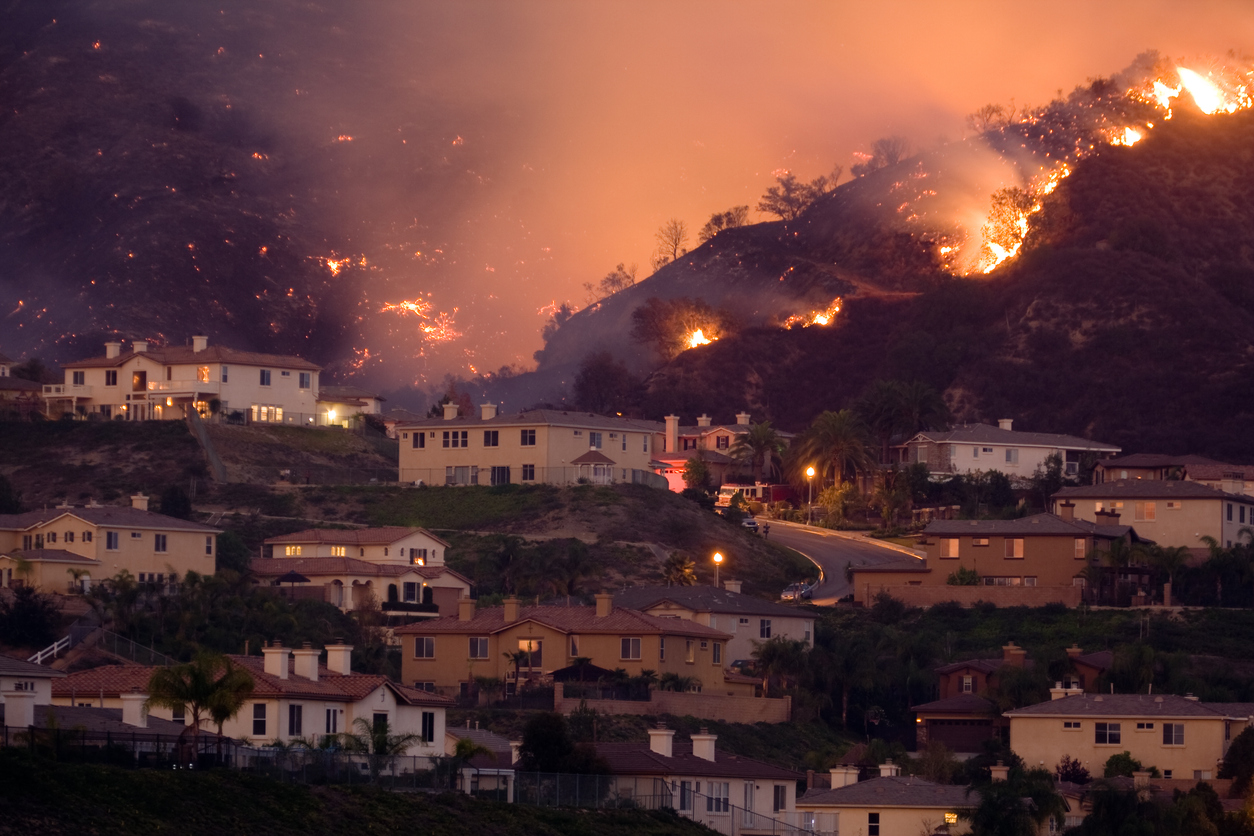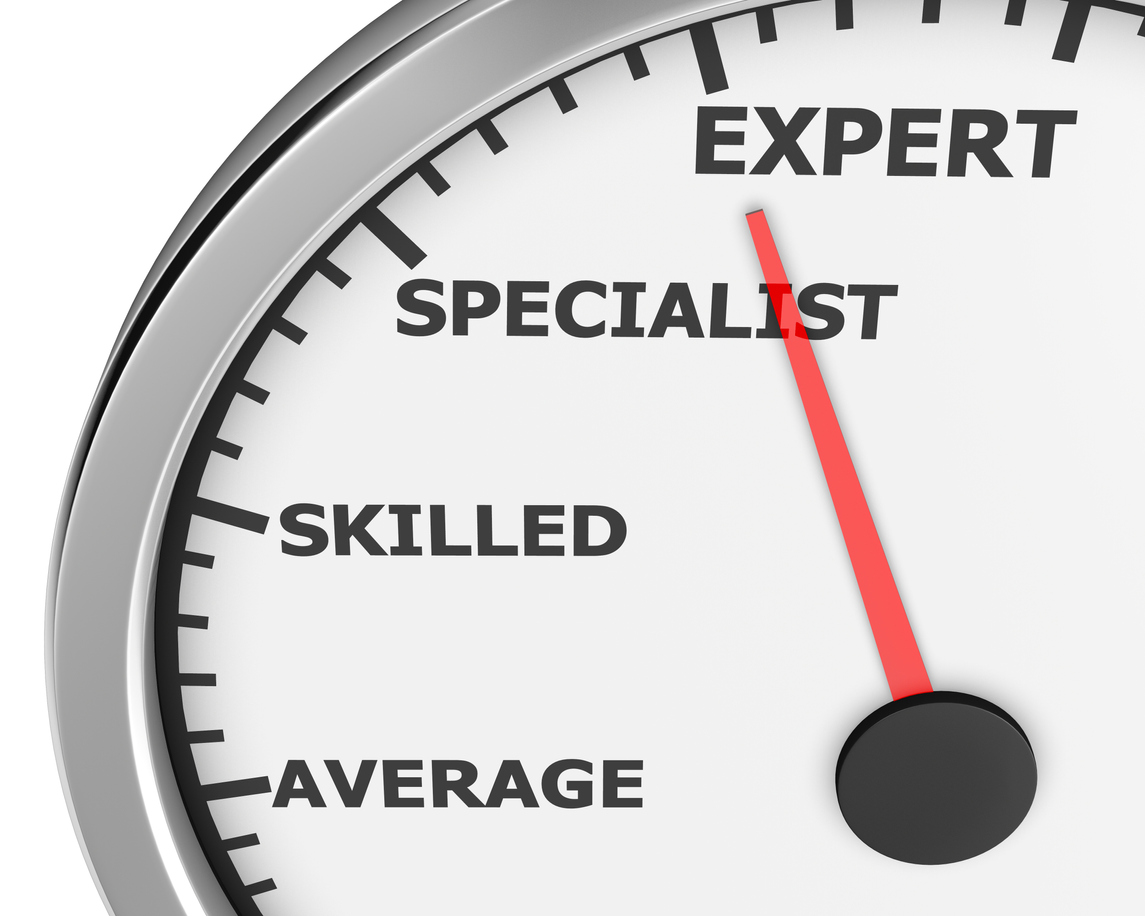Earthquakes, and in particular, preparation for the “Big One,” was very much in the news this past week.
On October 18th, over 9 million Californians participated in the Great California ShakeOut, an annual earthquake preparedness drill. Although I was not one of the participants, I certainly remember from my grade school days that one should drop to the floor, take cover under a desk or table, and hold on.
Earlier in the week at a Los Angeles Risk Management Society forum, renowned seismologist Lucy Jones (she is usually the first on TV after a quake) presented some eye-opening damage projections for when the “Big One” (referring to a large scale event on the San Andreas Fault) hits California. According to Jones, we can expect up to 100 landslides, more than damaged 300,000 buildings, and possibly 1,600 fires. As for economic losses resulting from the “Big One,” we can expect a $123 billion; at least $100 billion will be business interruption losses. These are some staggering numbers.
In a recent blog post, my colleague Glenn Rosen discussed the pros and cons for purchasing earthquake insurance and the considerations involved. This past week, the California Insurance Commissioner issued a press release urging residents to prepare for disaster and to evaluate their individual needs for earthquake insurance. He reminded homeowners that homeowners insurance policies do not cover earthquake damage unless a separate earthquake policy is purchased. (The Commissioner must have read Glenn’s blog).
For those who have earthquake insurance (just 13 percent of homeowners according to the California Department of Insurance) the following preparedness tips provided by the Commissioner will come in handy for an earthquake damage claim:
- Take an inventory of your valuables and belongings. Take photographs or a video of each room. This documentation will provide your insurance company with proof of your belongings and help to process claims more quickly in the event of disaster.
- Keep sales receipts and/or canceled checks. Also note the model and serial numbers of the items in your home inventory.
- As you acquire more valuables-jewelry, family heirlooms, antiques, art-consider purchasing an additional "floater" or "rider" to your policy to cover these special items. These types of items typically are not covered by a basic homeowners or renter’s insurance policy.
- Remember to include in your home inventory those items you rarely use (e.g., holiday decorations, sports equipment, tools, etc.).
- Store copies of all your insurance policies in a safe location away from your home that is easily accessible in case of disaster. You may want to store your policies and inventory in a waterproof, fireproof box or in a safe, remote location such as a bank safe deposit box. Consider leaving a copy of your inventory with relatives, friends or your insurance provider and store digital pictures in your e-mail or on a Web site for easy retrieval.
- Know what is and is not covered by your insurance policy. You might need additional protection depending on where you live. Make sure your policies are up to date. Contact your insurance provider annually to review and update your insurance policy.
- Keep a readily available list of 24-hour contact information for each of your insurance providers.
- Find out if your possessions are insured for the actual cash value or the replacement cost. Actual cash value is the amount it would take to repair or replace damage to your home or possessions after depreciation while replacement cost is the amount it would take to repair or replace your home or possessions without deducting for depreciation. Speak with your insurance provider to determine whether purchasing replacement coverage is worth the cost.
- Speak with your insurance provider to find out if your policy covers additional living expenses for a temporary residence if you are unable to live in your home due to damage from a disaster.
- Appraise your home periodically to make sure your insurance policy reflects home improvements or renovations. Contact your insurance provider to update your policy accordingly.
For California, the probability of a powerful earthquake causing catastrophic damage is great. Whether it is the protection of oneself, family or property, preparedness is the key.



